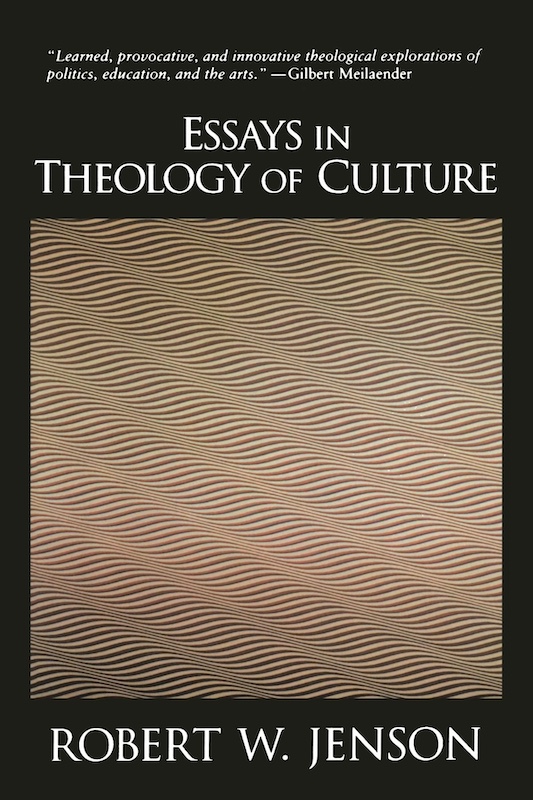
“Mediterranean antiquity’s specific ideal of knowledge would never by itself have made the university. The organ of truth, in the classic tradition, is the ‘mind’s eye’; knowledge is theoria, seeing. Every self-interpretation of the knowing subject takes one of the senses as its metaphor; Western antiquity’s metaphor was sight. And the thing about sight is, it objectifies the other.
“It is a point I have found illuminating in many contexts: we have flaps on our eyes and none on our ears, and we can easily aim our eyes and only with great difficulty aim our ears. Which is to say: I control what I see but can always be surprised by what I hear. It is with the eye that I fix the other in space and time, that I nail down what you/it are/is, so as to be able to get back to you/it. It is, oppositely, by the ear that you grab me, also when I am trying to overlook (!) you. An ideal of knowledge that takes sight for its metaphor makes the other the object of knowledge but does not solicit reciprocity, does not offer the knowing subject to be the object of the other.
“That is, to knowledge for which sight is the metaphor, the response or solicitation of the other is not constitutive. In the final versions of Greek reflection, which became the theology of all late antiquity’s cults, this ideal of knowledge is paradigmatically and foundationally instantiated in Aristotle’s Unmoved Mover under various aliases. This God is a sheer act of vision, wholly agent and not at all sufferer, receiving and expecting nothing from what is seen — if, indeed, it is acknowledged that anything other than itself comes within its purview. The philosopher king, reentering the cave for the good of its inhabitants, asks them no questions.
“There was originally a countervailing factor: the actual practice of philosophy. Whether Parmenides or Heraclitus indulged in other discourse than description of what they had seen we do not know, but for the sophists and Socrates and Plato, who were not coming from vision but trying to be on their way to it, conversation was the daily work. It was the Socratic conviction that the way to vision is by question and answer, and that real questions have to be actually asked, which rescued Greek theoria from the inhumanity that was always its temptation.
“Thus it was philosophy as practice in which the gospel, when it appeared on the scene of antiquity, found both a rival and an ally. The gospel is a message, and its reflection therefore an argument; the first Christian theologians were simply journeymen philosophers who had found new matter. The difference between Christian theology and pagan antiquity’s theology is that the latter, for all that it consists in talk, leads to silence, is the handmaiden of cognition as pure seeing, while Christianity’s talk leads precisely to more talk, to the purification and enlivening of a message. And also the gospel’s ideal of knowledge is instantiated, in the God who is his own word.
“Pagan antiquity had many and very talkative circles of seekers. But what they sought was silence. A ‘university,’ per contra, is a universitas litterarum, an independent world founded on and for discourse, a world in which discourse is its own justification, which some enter never to leave, and which initiates also those who are to leave into precisely the talkative callings. The university was founded by believers, to have a place in which to exegete their Book and argue interpretations of their message. Just so, no book and no argument could be foreign to it. In particular, the practice of ancient philosophy and the books that documented it were simply adopted, now in service of speech rather than of silence.
“When the Enlightenment revolted against theology in the name of reason, it thus revolted also against philosophy as anciently practiced, since it was theology by which that practice was now carried on. Thus in the Enlightenment’s understanding and practice of ‘reason,’ the countervailing factor is gone. Reason becomes what even Aristotle did not make it: sheerly the individual’s ability to see truth. And for that, the university is, when push comes to shove, not really needed at all.”
—from Robert Jenson, “On the Renewing of the Mind: Reflections on the Calling of Christian Intellectuals,” in Essays in Theology of Culture (Eerdmans, 1995). Members may be interested in listening to a reading of a much-cited First Things article by Jenson: “How the World Lost Its Story.”